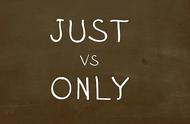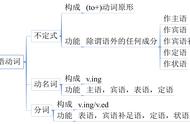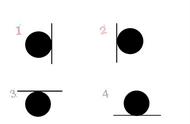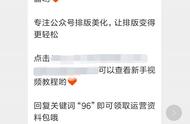All, every, whole的用法区别

everybody/everyone/everything 以及all
我们说:
Everybody was happy. or Everyone was happy. (not all were happy)
He thinks he knows everything. (not knows all)
Our holiday was a disaster. Everything went wrong. (not all went wrong)
We do not often use all alone in this way. We do not say ‘all were happy’, ‘he knows all’ etc.
We use all in the following ways:
我们不经常这样单独使用all。我们不说“all were happy”,“ he knows all”等等。
我们用以下方式使用all:
all noun (all cars, all my money etc.)
all of us/you/them
we/you/they … all
all about …
all … = the only thing(s)
All my friends were happy.
All of us were happy.
We were all happy.
He knows all about computers.
All I’ve eaten today is a banana.
(= the only thing I’ve eaten today)
whole 与 all
Whole = complete, entire. 我们通常用whole和单数名词连用:
Did you read the whole book? (= all the book, not just a part of it)
Emily has lived her whole life in the same town.
I was so hungry, I ate a whole packet of biscuits. (= a complete packet)
我们通常不把whole和不可数名词(水、食物、钱等)连用。
我们说:
Did you spend all the money I gave you? (not the whole money)
I read all the information carefully. (not the whole information)
我们在whole之前使用the/my/a等。比较whole和all:
I read the whole book. but I read all the information.
every day / all day / the whole day
我们用every来表示某事发生的频率(每一天/每十分钟等):
When we were on holiday, we went to the beach every day. (not all days)
The bus service is excellent. There’s a bus every ten minutes.
We don’t see each other very often – about every six months.
All day or the whole day = the complete day from beginning to end:
We spent all day on the beach. or We spent the whole day …
Dan was very quiet. He didn’t say a word all evening. or … the whole evening.
Note that we say all day (not all the day), all week (not all the week) etc.
Compare all the time and every time:
注意我们说all day(不是all the day), all week(不是all the week)等等。
比较all the time和every time:
They never go out. They are at home all the time. (= always, continuously)
Every time I see you, you look different. (= each time, on every occasion)
Every/everybody/everyone/everything 是单数,所以后面跟动词单数形式::
Every seat in the theatre was taken.
Everybody has arrived. (not have arrived)
但是我们在everybody/everyone后面用they/them/their:
Everybody said they enjoyed themselves. (= everybody enjoyed himself or herself)
,












